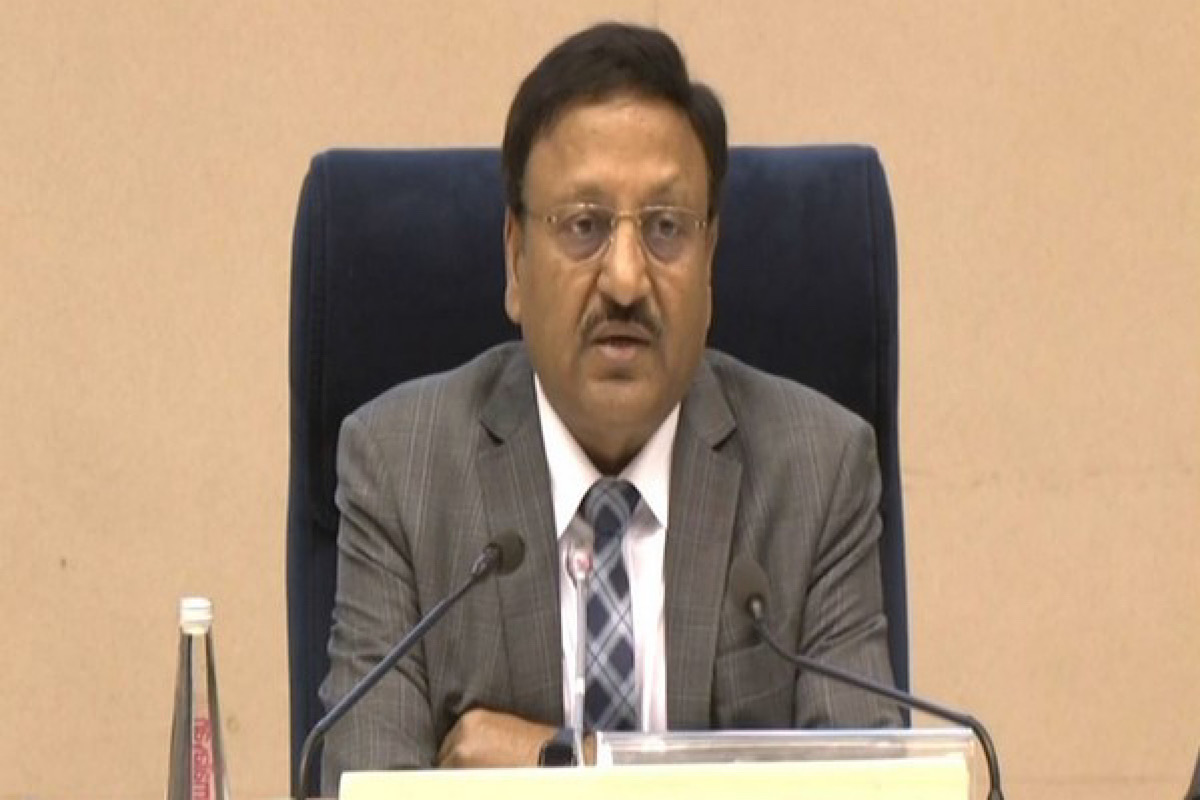The Election Commission of India (ECI) has officially kickstarted the process of holding Assembly elections in Jammu and Kashmir by deciding to accept applications for the use of common symbols for their candidatures.
“The commission has decided to accept applications seeking allotment of the common symbol under Para 10B of election symbols (Reservation & Allotment) order 1968 for the General Election to the Legislative Assembly of Union Territory of Jammu and Kashmir with immediate effect,” said Jaydeb Lahiri, Secretary of the Election Commission of India through a notification.
Advertisement
The last Jammu and Kashmir assembly elections were held in 2014. On 19 June 2018, Mehbooba Mufti led PDP-BJP government fell leading to imposition of Governor’s rule, followed by President’s rule in the region.
On 5 August 2019, the BJP government abrogated Articles 370 and 35A, reorganising the former state of J&K into two union territories–Jammu and Kashmir and Ladakh.
“We will very soon start the process of assembly elections in J&K. We are very enthused. It is one of the most satisfying moments,” the CEC Rajiv Kumar had said on Monday.
In December, the Supreme Court had directed the ECI to hold assembly elections in Jammu and Kashmir by 30 September.
This will be the first assembly election after August 2019 when the special status of Jammu and Kashmir was abrogated.
While announcing the schedule for the Lok Sabha elections in March, Rajiv Kumar had said that holding assembly and parliamentary elections simultaneously was not practical due to logistical and security reasons.
Addressing a press conference in Delhi, Chief Election Commissioner (CEC) said the ECI was very enthused by the voter turnout in Jammu and Kashmir during the Lok Sabha elections, which showed the eagerness of the people to participate in the democratic process.
The voter turnout in Jammu and Kashmir during the Lok Sabha elections was 58.58 per cent, the highest in four decades. The voter turnout in Lok Sabha seats in the Kashmir valley was 51.05 per cent, he said.
Following a delimitation exercise, the number of assembly seats in the union territory has gone up from 83 to 90, excluding those reserved for Pakistan-occupied Jammu & Kashmir (PoJK).











